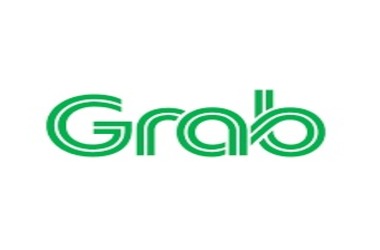
Users of the platform can now set up web3 wallets, participate in blockchain-based reward programs, and even make payments using NFTs (Non-Fungible Tokens). Additionally, Grab has entered into a partnership with the Monetary Authority of Singapore (MAS) to introduce NFT vouchers, redeemable for popular dining experiences and activities in the city.
While Grab has not officially commented on these developments, The Block’s report suggests that these web3 services are initially available in Singapore. At the time of reporting, Grab had not responded to queries from TNGlobal.
In June of this year, Grab took part in a pilot study with MAS, focusing on the utilization of three digital assets: central bank digital currencies, tokenized bank deposits, and stablecoins.
Grab has also ventured into escrow arrangements for a novel digital asset-based payment system known as “Purpose Bound Money,” in collaboration with Amazon and Southeast Asian financial services firm Fazz.
Headquartered in Singapore, Grab is a multifaceted super app that offers a range of services including ride-hailing, food delivery, online payment solutions, and more across various Southeast Asian countries, including Singapore, Malaysia, Vietnam, Thailand, Indonesia, Cambodia, and the Philippines.
Earlier this week, GX Bank Bhd (GXBank), a digital bank led by Grab, became the first of the five digital bank license applicants to secure approval from Malaysian regulators to commence its operations.
GXBank is a subsidiary of GXS Bank Pte. Ltd., a digital bank joint venture between Grab Holdings Ltd and Singapore Telecommunications Ltd (Singtel). It also includes a consortium of Malaysian investors, including the Kuok Group, established by Malaysia’s wealthiest tycoon, Robert Kuok.
In August of last year, GXS Bank, supported by a consortium comprising Grab Holdings (Grab) and Singtel, introduced Singapore’s first digital bank for both consumers and businesses.